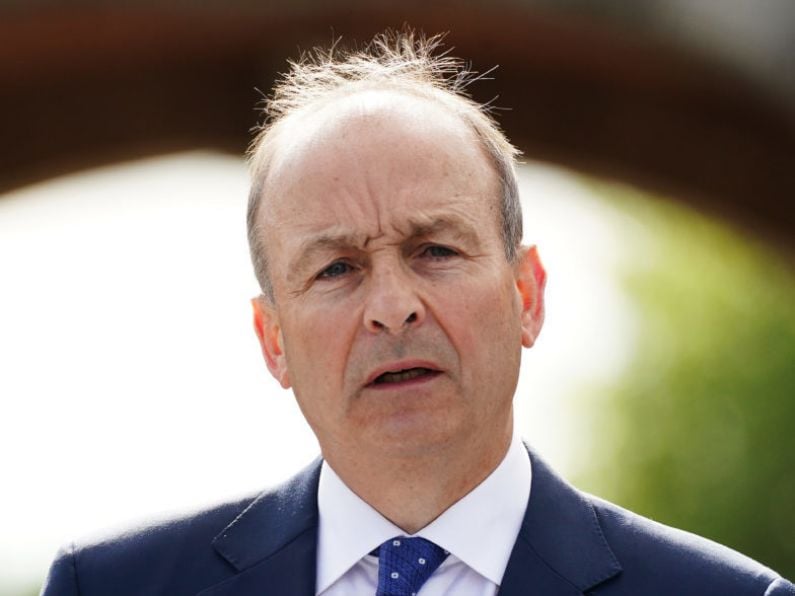The pension age will not go beyond 66 and companies will be banned from forcing retirement, the Taoiseach has said.
Speaking during his visit to Japan, Micheál Martin said “broad agreement” had been reached between the Coalition leaders and the Ministers for Social Protection, Public Expenditure and Health.
A comprehensive pensions strategy will be announced by the Minister for Social Protection Heather Humphreys in the coming weeks.
It includes moves to keep the pension age at 66, ban contractual retirement ages and give larger pensions to those who retire at 67.
The pension age had been due to rise to 67, something which was politically divisive and seen as a red-line issue for many Fianna Fáil TDs.
However, according to the Irish Examiner, the Taoiseach has now confirmed it will not change from 66.
That is at odds with the report of the Pensions Commission last October, which proposed to increase the State pension age by three months every year from 2028.
In a report published in February, the Social Protection Committee recommended maintaining the qualifying age for the State pension at 66, and to introduce legislation to ban mandatory retirement clauses in employee contracts.
Mr Martin has indicated that he is open to minor increases in PRSI to cover this.
He added that there would be “flexibility” about when people can retire and claim the State pension, with the opportunity for those who retire later to be “incentivised” with higher rates.
Mr Martin said there was no justification for forcing people to retire at 66 and the Government legislation would ban this practice.
“This idea of retiring at 66 has to go. I think the market will dictate this, but equally we want to make sure there's no discrimination against people of that age because people are living longer, they're healthier, quality of life is improving.
“It depends on the professions as well, the kind of work you're doing. Not everybody, for example certain employments, can keep going to 70 because the work is just too difficult or too burdensome.”
Existing contracts
Mr Martin said, however, that he does not believe this legislation can be put in place for people whose contracts are currently in place.
“We have to work on that more, but I don't think it can be retrospective. You can’t arbitrarily interfere with contracts that individuals enter into. It has to be worked on and the detail has to be fleshed out.”
Following a special parliamentary party meeting earlier this month, Mr Martin said there was a "clear groundswell" of support in Fianna Fáil to retain the pension age.
In response, Sinn Féin TD Louise O'Reilly said workers were still in the dark as to the pension age.
Although Ms O'Reilly welcomed the "shift in position" she said it "does not go far enough".
"[Mr Martin's] partners in coalition Fine Gael have previously supported raising the pension age to 68, so workers are understandably left wondering who is in charge, and what exactly the Government is proposing."
Ms O'Reilly called on the Government "to clarify its position immediately", adding: "Sinn Féin believes that workers should have the right to their State pension rate at 65. After a lifetime of work, that is what they deserve."












